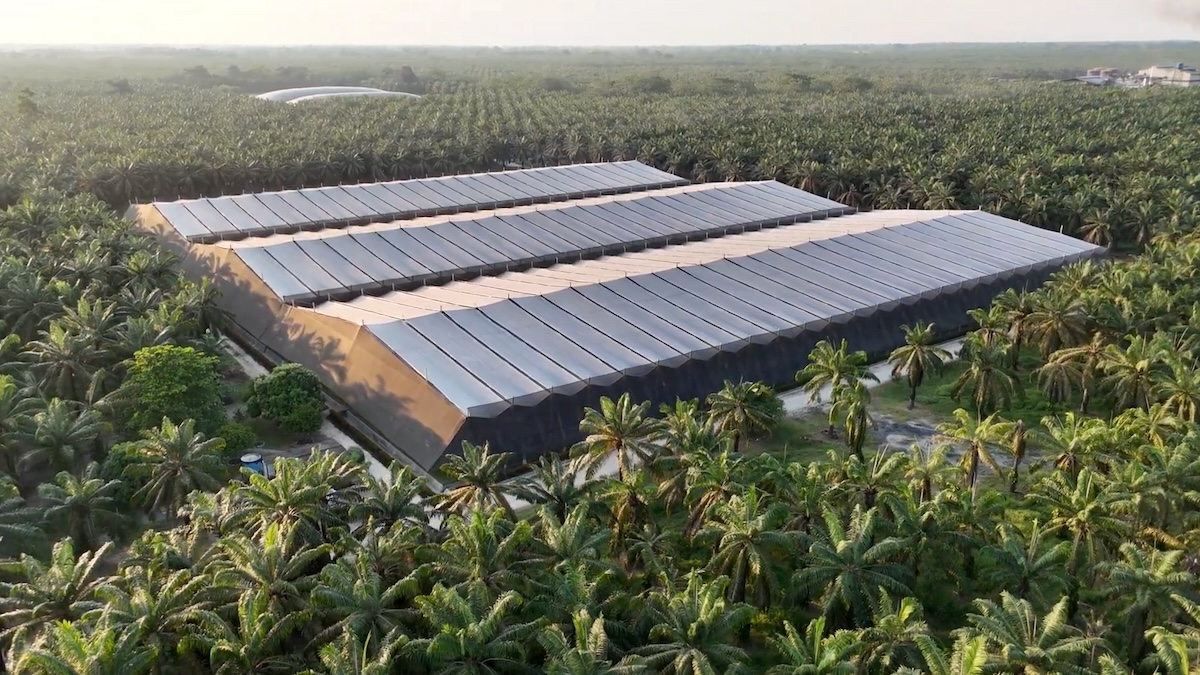“We lacked detailed records for calculating the carbon footprint,” explains José Alejandro Moreno, Cargill’s Sustainability Coordinator in Colombia. “This is the type of process where you have to do an initial assessment, then implement practices, and finally see how much it was reduced.”
To date, 100 producers supplying fresh fruit bunches to Cargill’s supply chain have benefited from the Ecopalma app. Palm oil extractors, including Palmas del Cesar, Loma Fresca, Palmeras del Llano, and Grupo Santamaría, are also part of the project alongside Solidaridad, Cenipalma, and Cargill.
“The Ecopalma app calculator is being used to measure the baseline carbon footprint of crops associated with Cargill’s oil supply chain. Based on the results, a two-year carbon footprint reduction plan will be generated,” explains Viviana Dueñas Bohórquez, senior coordinator of Solidaridad’s Oil Palm program in Colombia.

A carbon footprint for palm oil in Colombia
“The first step in reducing greenhouse gas emissions is to measure, monitor and understand where those emissions are being generated,” says David Arturo Munar Flórez, who has served as a research assistant at Cenipalma. Over the course of the last ten years, he has worked with the team nurturing the emissions calculator since its first iteration in an Excel spreadsheet.
“In 2019, we migrated the calculator’s brain to a web platform making it easier to enter the information to estimate greenhouse gas emissions,” explains Munar. In 2023, they launched the application, and in 2024, with the support of the alliance between Solidaridad and Cargill, they began a series of training sessions throughout the country. Recently, they launched the second version, which is now available to growers, palm farm owners, and environmental and technical staff at processing plants.
“Few producers understand how these issues apply to their production process. Part of the training we do is to develop that knowledge and the skills.”
José Alejandro Moreno, Sustainability Coordinator in Colombia for Cargill.
The palm oil sector in Colombia has committed to several agreements to improve the sustainability of crude palm oil production ensuring good practices that minimize greenhouse gas emissions. The use of the Ecopalma App calculator in Cargill’s supply chain in Colombia supports this sustainability goal. Cenipalma’s work in developing this tool and reaching out to producers in partnership with Solidaridad, has helped disseminate practices that will make production more environmentally friendly.
“The first change is to build knowledge and awareness of this issue. The awareness of carbon footprints is more developed among palm oil processors, but we wanted to get to the plantation level.”
María Goretti, manager of Solidaridad’s Oil Palm Program in Colombia
Once that awareness and understanding is there, Solidaridad’s efforts to promote better agricultural practices can take root and provide value to the entire supply chain.
“Producers are now more aware of low-carbon practices and their impact,” she notes.


